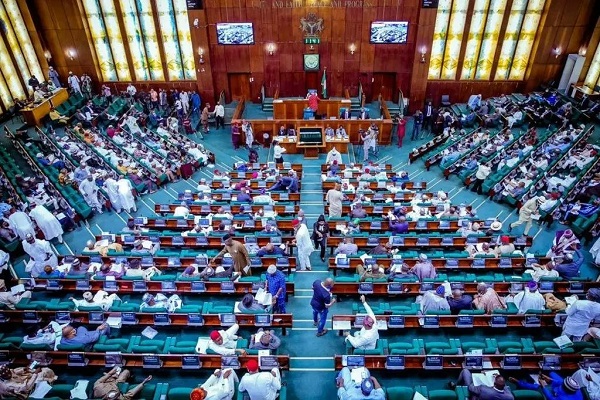…As US says 200,000 people from El Salvador must leave within 18 months***
Weather and climate-related disasters cost the U.S. a record 306 billion dollars in 2017, the third-warmest year on record, the U.S. National Oceanic and Atmospheric Administration (NOAA) said on Monday.
The report from the federal agency underscores the economic risks of climate change, even as President Donald Trump’s administration casts doubts on the causes of it and has started withdrawing the U.S. from a global pact to combat it.
NOAA said western wildfires and hurricanes Harvey, Maria, and Irma contributed to making 2017 the costliest year on record.
The previous record was 215 billion dollars in 2005, when hurricanes Katrina, Wilma, and Rita slammed the U.S. Gulf Coast.
Average annual temperatures for the contiguous U.S. were 54.6 degrees Fahrenheit (12.6 degrees Celsius), 2.6 degrees Fahrenheit above the 20th century average and the third warmest since record keeping began in 1895, following 2012 and 2016, the agency said.
Scientists have long concluded that carbon dioxide and other emissions from fossil fuels and industry are driving climate change, leading to floods, droughts, and more frequent powerful storms.
Trump’s administration has promised to boost U.S. oil, gas and coal production.
In the meantime, nearly 200,000 people from El Salvador must leave the US in the next 18 months or change their immigration status, the US Department of Homeland Security said on Monday.
This announcement came despite efforts by immigration advocates and El Salvador’s government to persuade the Trump administration to continue providing lawful status and the ability to work to Salvadorans who have been protected from deportation since the country was hit by two devastating earthquakes in 2001.
“They are Americans in all but their paperwork,” said Frank Sharry, executive director of the immigration group America’s Voice Education Fund. “Now, the Trump administration is trying to drive them back to a country engulfed in corruption, violence and weak governance.”
El Salvador is the fourth country in four months to lose protection under the Temporary Protected Status (TPS) program, which since 1990 has offered deportation relief to people from regions experiencing armed conflict and natural disasters.
DHS said it cancelled the TPS for Salvadorans because the dangerous conditions created by the earthquakes, which killed more than 1,000 people, no longer exist. The country has rebuilt from the damage but is beset by drought, economic issues and gang violence.
“The administration has definitely taken the most narrow view of what it could consider,” said Royce Murray, policy director at the American Immigration Council.
Christian Chávez Guevara, who has TPS and has lived in the US since 2000 was emotional as he described how this decision would affect his family in a call with reporters.
“Our family is going to break apart,” said Chávez, who is married to a US citizen and is the guardian of his 15-year-old US citizen cousin whose mother was deported. He also cares for two stepchildren.
“I don’t know what to do,” Chávez said. “There is not a plan for the future now.”
The majority of the 195,000 Salvadorans with TPS have lived in the US longer than Chávez, according to a 2017 report by the Center for Migration Studies. The report found 51% of Salvadorans with TPS have lived in the US for more than 20 years and 34% have homes with mortgages. They live mostly in California, Texas, New York and Washington DC.
“This is a bad decision,” said Refugees International president Eric Schwartz. “Given conditions in El Salvador, the return of hundreds of thousands of law-abiding residents of the United States who have been here for nearly two decades is just wrong. It’s wrong ethically and in terms of US interests in stability in El Salvador.”
Salvadorans with TPS have until 9 September 2019 to leave the US or change their status.
DHS acknowledged some TPS recipients had lived and worked in the US for many years but said only Congress could create a pathway to lawful immigration status for the population. “The 18-month delayed termination will allow Congress time to craft a potential legislative solution,” the DHS statement said.
This echoes the Trump administration’s justification for ending a program that offered temporary deportation protection to undocumented immigrants who came to the US as children – Deferred Action for Childhood Arrivals (Daca). Trump cancelled Daca, but said he wanted Congress to find a solution that would protect that population.
“Alongside the decision to end Daca last fall, we’ve now placed a million people who have worked and lived legally in the US for years – and who have been vetted – we have now taken that status away from them,” said Murray. “No one gains in this scenario.”
Additional report from Guardian UK





















